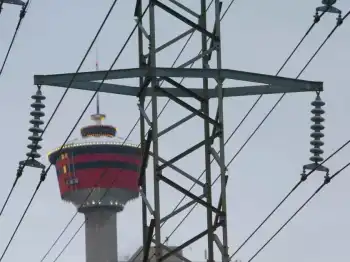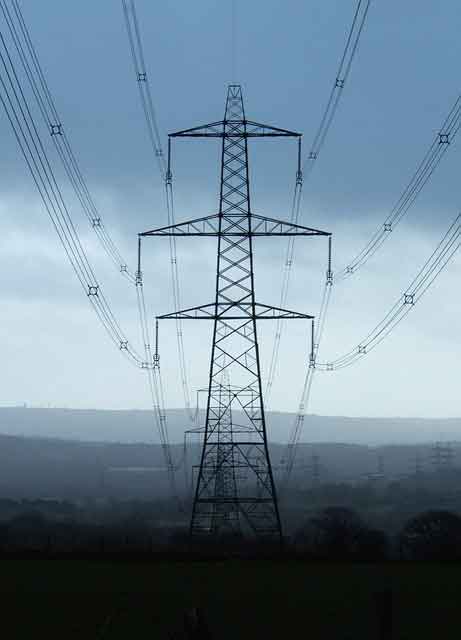Canada waits for U.S. to move on capandtrade
OTTAWA, CANADA - Canada will not act this year on a capandtrade system to control climate change because the government does not expect the U.S. to pass emissionscontrol legislation this year, Canadas environment minister said.
Jim Prentice said Canada is committed to harmonizing its climate change initiatives with the United States so that it can reduce greenhouse gas emissions without damaging its trade relations with its southern neighbor.
We have said that if the United States is prepared to go down the road of a capandtrade system, we are as well. Weve done the analytics. Were set to go, he said.
But at this point, my assessment is that its unlikely that the U.S. Senate will introduce or pass capandtrade legislation this year, possibly, even unlikely, next year, said Prentice.
Under a capandtrade system, emissions of heattrapping gases from power plants, refineries and factories would face increasingly more stringent limits, or caps. Companies could then invest in pollutionreducing technologies, or buy and sell permits to meet the cap — the trade portion.
The emissionsreduction plan is the cornerstone of the U.S. Democrats climatecontrol policy, but is stalled in the U.S. Senate after it was passed in the House. Republican critics say it would lead to soaring energy prices, suppress economic recovery, cost jobs and result in higher prices on goods and services. Democratic argue that the bill contains measures to mitigate the cost to consumers by promoting energy efficiency and to develop alternative energy sources and green jobs.
Prentice said while Canada is committed to reducing its emissions, it will not introduce capandtrade legislation that is divorced from the countrys principal environmental and economic partner.
He says Canada will instead focus on other measures that are not tradesensitive, such as thermal electricity or improving treatment of waste water in cities.
At the same time, Canada will work together with the United States on regulatory measures, such as the recent agreement to cut auto emissions, Prentice said. He added that the two countries will soon introduce tougher standards for ships and aircraft as well.
Related News

Explainer: Europe gets ready to revamp its electricity market
STOCKHOLM - European Union energy ministers meet on Monday to debate upcoming power market reforms. Brussels is set to propose the revamp next month, but already countries are split over how to "fix" the energy system - or whether it needs fixing at all.
Here's what you need to know.
POST-CRISIS CHANGES
The European Commission pledged last year to reform the EU's electricity market rules, after record-high gas prices - caused by cuts to Russian gas flows - sent power prices soaring for European companies and citizens.
The aim is to reform the electricity market to shield consumer energy bills from short-term…




